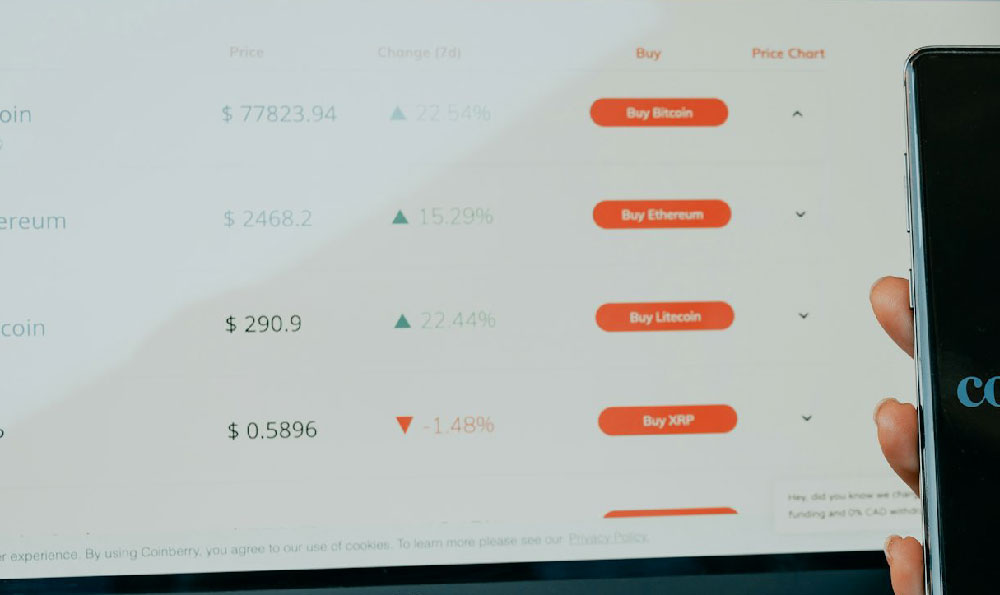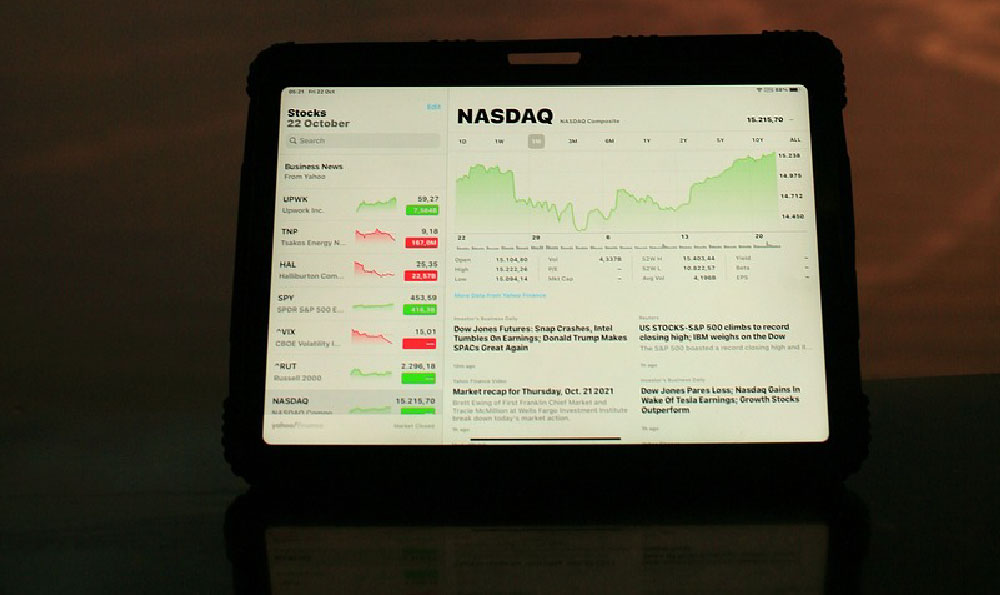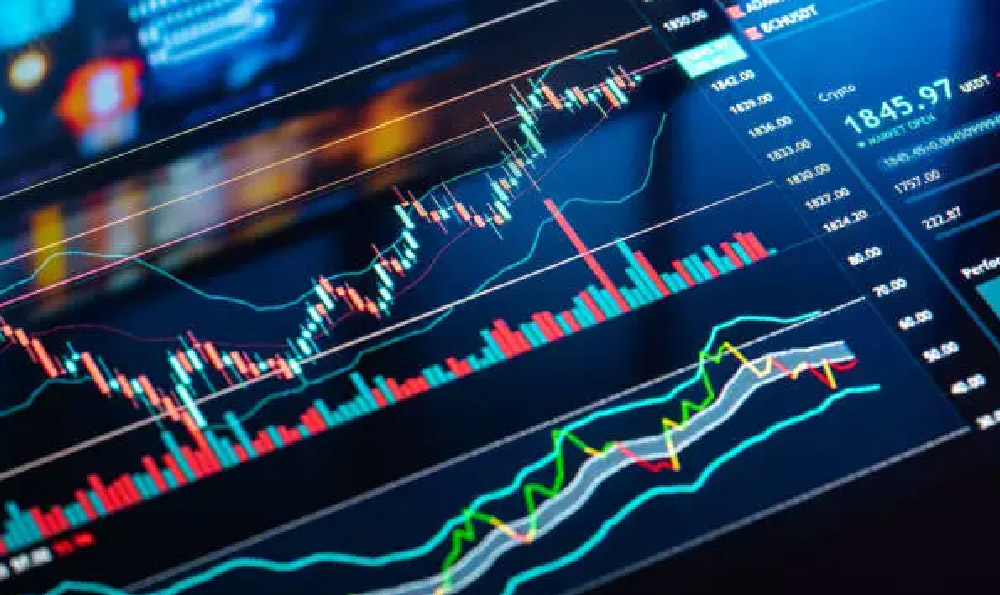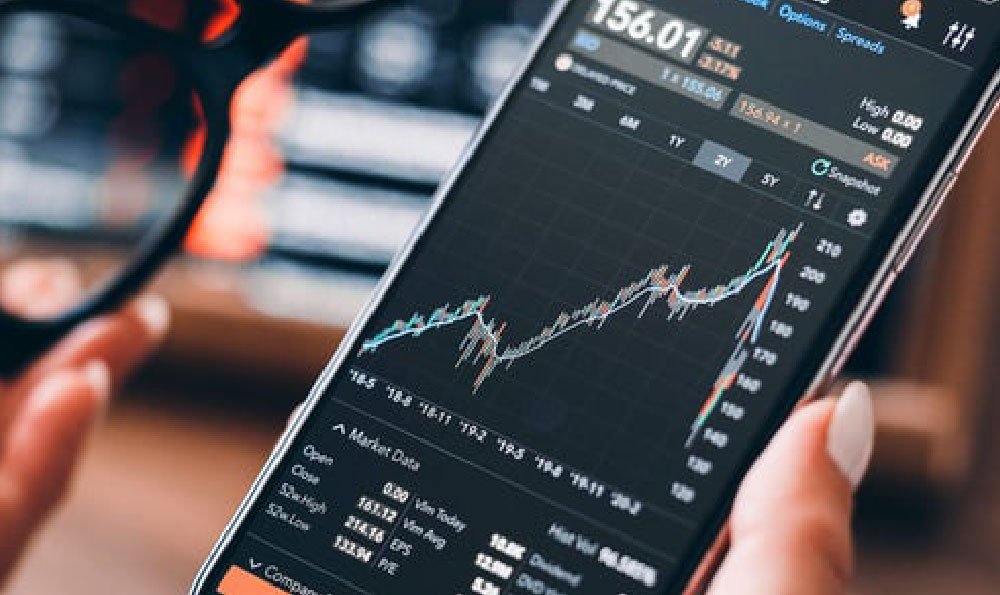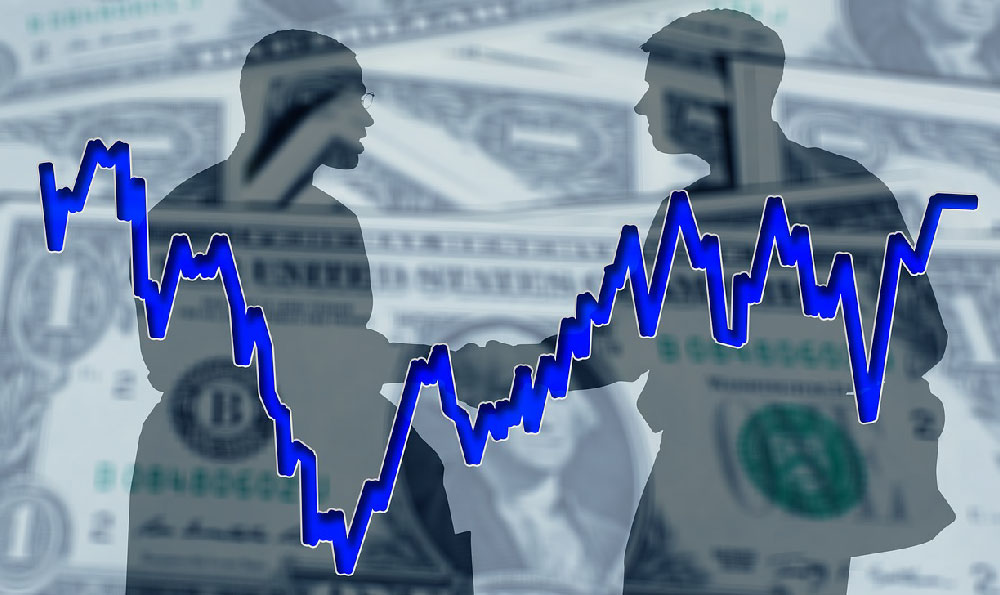Donald Trump's path to wealth is a complex narrative, interwoven with real estate development, branding, media appearances, and, unsurprisingly, a fair share of controversy. Understanding how he amassed his fortune requires dissecting his various business ventures and scrutinizing the legal and ethical implications surrounding them.
Trump's primary source of wealth stems from real estate. He inherited a substantial fortune from his father, Fred Trump, a successful real estate developer in New York City. This inheritance, though initially estimated to be smaller, provided a crucial foundation for his subsequent ventures. However, Trump didn't simply maintain the inherited assets; he leveraged them, expanding his portfolio with ambitious projects in Manhattan and beyond. His strategy involved identifying undervalued properties, constructing high-end residential and commercial buildings, and branding them with his name. The Trump Tower, a symbol of his ambition, became a testament to his real estate prowess, attracting wealthy residents and tenants, further solidifying his reputation and financial standing.
Beyond development, Trump masterfully exploited the power of branding. He understood that the Trump name held significant value, and he licensed it extensively across various industries. Hotels, golf courses, clothing lines, and even water bottles bore the Trump name, generating substantial revenue through licensing agreements. This strategy allowed him to capitalize on his image and perceived success without necessarily undertaking the full risk and investment associated with direct ownership. Licensing agreements became a significant revenue stream, contributing significantly to his overall wealth.

His foray into the entertainment industry also played a crucial role. "The Apprentice," a reality television show where aspiring entrepreneurs competed for a job in his organization, catapulted him to a new level of fame and recognition. The show not only amplified his brand but also generated significant income through appearance fees and production revenue. It solidified his image as a successful and decisive businessman, further enhancing the value of the Trump brand.
However, Trump's business dealings have not been without controversy, raising questions about their legality and ethical implications. Several of his ventures have faced scrutiny, including accusations of tax avoidance, inflated asset valuations, and questionable business practices.
One area of concern involves his use of tax strategies. Investigative reports have revealed that Trump may have employed aggressive tax avoidance techniques, potentially skirting his tax obligations through loopholes and deductions. The legality of these strategies has been debated, and some have faced legal challenges. For example, questions arose surrounding the valuation of certain properties and the legitimacy of claimed deductions, prompting audits and investigations.
Furthermore, allegations of inflating asset valuations have surfaced. Critics argue that Trump may have exaggerated the value of his properties to secure loans and attract investors. While precise valuation can be subjective, discrepancies between stated values and independent appraisals have raised concerns about potential financial misrepresentation. This practice, if proven, could have significant legal and financial consequences.
Several of Trump's businesses have also declared bankruptcy. While bankruptcy is a legal tool available to businesses facing financial distress, the frequency with which Trump's companies have filed for bankruptcy raises questions about his business acumen and risk management strategies. Critics argue that these bankruptcies demonstrate a pattern of financial mismanagement and a willingness to shield personal assets from business liabilities. Although legal, these bankruptcies have undoubtedly tarnished his reputation and raised ethical concerns about his business practices.
The Trump University, a real estate education program, faced numerous lawsuits alleging fraud and deceptive marketing practices. Students claimed that the program promised access to Trump's real estate secrets but delivered little value, ultimately leaving them with significant debt. Trump eventually settled these lawsuits for millions of dollars, although he did not admit wrongdoing. The Trump University case highlighted the risks associated with investing in unproven educational programs and raised questions about the ethics of promoting such programs under a well-known brand.
In assessing the legality of Trump's wealth accumulation, it's crucial to differentiate between actions that are technically legal but ethically questionable and those that constitute outright illegal activity. While he has faced numerous accusations and investigations, many of his business dealings fall into a gray area where the legality is debatable. The complex nature of tax laws and real estate valuation allows for interpretations and strategies that, while aggressive, may not necessarily violate the law.
However, the sheer volume of controversies surrounding his business dealings has undeniably damaged his reputation and raised concerns about his ethical standards. The accusations of tax avoidance, inflated asset valuations, and the Trump University debacle have all contributed to a perception of questionable business practices.
Ultimately, Donald Trump's rise to wealth is a multifaceted story involving shrewd business acumen, strategic branding, and a willingness to take risks. While his business practices have been scrutinized and debated, he has, for the most part, operated within the bounds of the law, albeit often pushing the boundaries of ethical behavior. Understanding his path to wealth requires a careful analysis of his various ventures, the legal implications surrounding them, and the ethical considerations that arise from his often controversial business practices. The legacy of his wealth accumulation will likely continue to be debated and analyzed for years to come.




